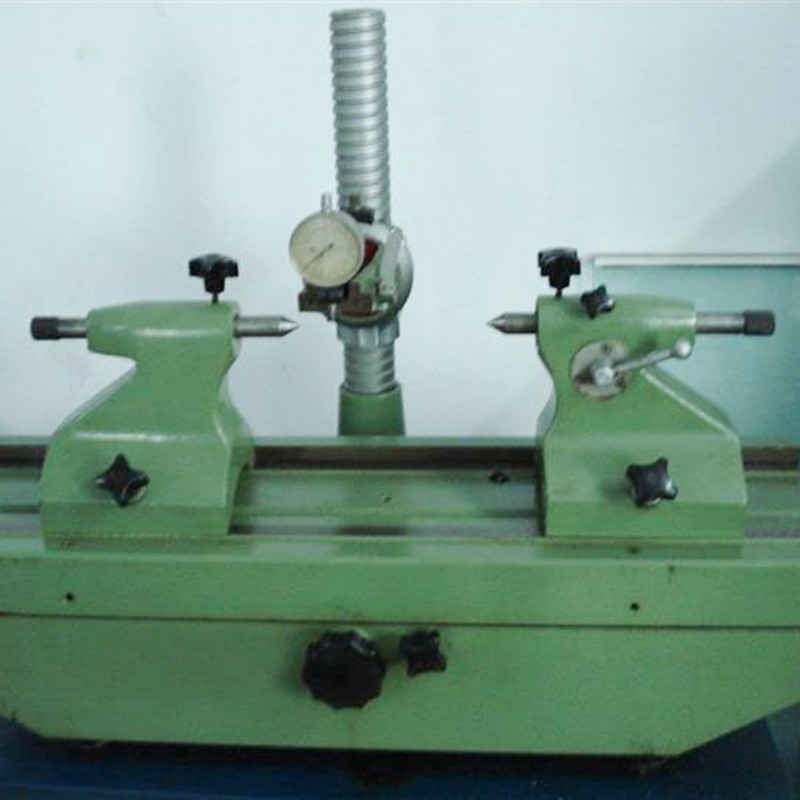Dec . 11, 2024 09:19 Back to list
Compact Dial Bore Gauge for Precision Measurement and Inspection Solutions
Understanding Small Dial Bore Gauges A Key Tool in Precision Measurement
In the realm of precision engineering and manufacturing, accuracy is paramount. One of the fundamental tools that professionals rely on to achieve this accuracy is the small dial bore gauge. This instrument is essential for measuring the internal diameters of holes, cylinders, and bores with a high degree of precision, ensuring that parts fit together correctly and function as intended.
What is a Small Dial Bore Gauge?
A small dial bore gauge is a measuring tool that consists of a dial indicator mounted on a set of probes. These probes expand or retract to measure the internal dimensions of a bore. The dial indicator provides a direct reading of the measurement, typically in thousandths of an inch or millimeters. The small size of the gauge allows for measurement in tight spaces and is particularly beneficial in applications where precision is critical.
How Does It Work?
The operation of a small dial bore gauge is relatively straightforward, although it requires a certain level of skill to use effectively. The gauge is inserted into the bore being measured until it reaches the necessary depth. The probes of the gauge are then adjusted to contact the walls of the bore. As the gauge is rotated, the dial indicator displays the distance between the two probes, reflecting the internal diameter of the bore.
To achieve accurate readings, it's important to ensure that the gauge is calibrated correctly. Regular maintenance and calibration are necessary to ensure optimal performance. Additionally, the operator must take care to follow proper measurement techniques, such as taking multiple readings at different points around the bore to account for any irregularities.
Applications in Industry
small dial bore gauge

Small dial bore gauges are extensively used across various industries, including automotive, aerospace, and manufacturing. They are crucial in quality control processes where the conformance of parts to specifications is verified. For example, in engine manufacturing, measuring the bore diameters of cylinders can influence the fit of pistons and rings, directly affecting engine performance and longevity.
In the aerospace sector, where components must meet stringent safety standards, small dial bore gauges help ensure that the internal dimensions of parts like fuel injectors and combustion chambers are within specified tolerances. Precision measurement is not merely a requirement but a necessity in these industries, where even the slightest deviation can have severe consequences.
Advantages of Using Small Dial Bore Gauges
There are several advantages to using small dial bore gauges. First, they provide rapid and accurate measurements. The dial readout allows for quick interpretation of results, saving valuable time in a high-paced manufacturing environment. Second, these gauges are typically more affordable than more complex digital measuring tools, making them accessible for small and mid-sized businesses.
Moreover, the portability of small dial bore gauges means they can be used in various locations, whether on the shop floor or in remote workspaces. Their robustness and simplicity make them ideal for fieldwork, where precision is still critically important.
Conclusion
In summary, small dial bore gauges are indispensable tools in the world of precision measurement. Their ability to provide accurate, quick, and straightforward measurements makes them invaluable in quality control and production processes across various industries. As technology continues to advance, these gauges may integrate newer features, but their fundamental role in ensuring accuracy and fit will remain unchanged. Whether you are an engineer, a machinist, or involved in quality assurance, understanding and utilizing small dial bore gauges effectively can significantly impact the success of your projects.
-
Y Type Strainer Maintains System Efficiency Long TermNewsJul.15,2025
-
Valve Selection Guide for Industrial ApplicationsNewsJul.15,2025
-
Steel Fab Table Provides Durable Work Surface for WeldingNewsJul.15,2025
-
Pad Iron Provides Stable Support for Heavy MachineryNewsJul.15,2025
-
One Inch Check Valve Fits Standard Plumbing SystemsNewsJul.15,2025
-
Measuring Micrometer Ensures Precise Dimensional AccuracyNewsJul.15,2025
Related PRODUCTS









